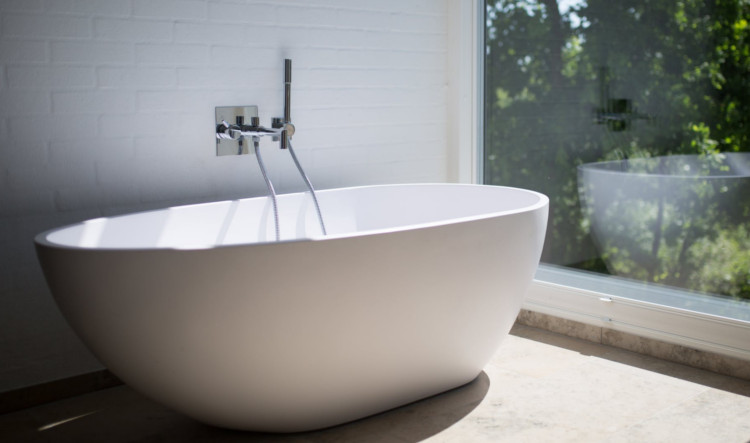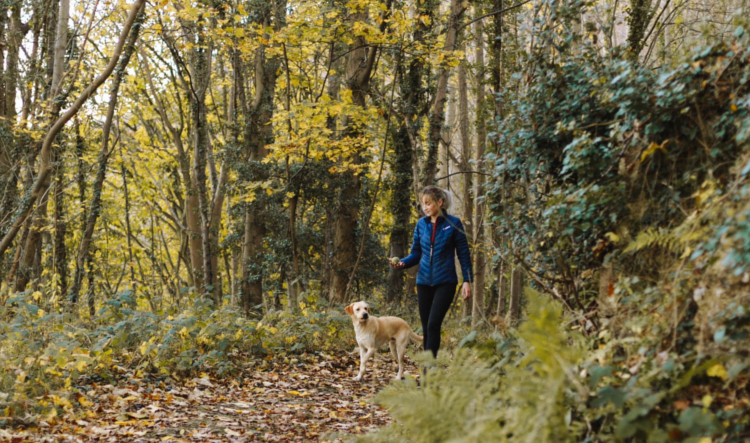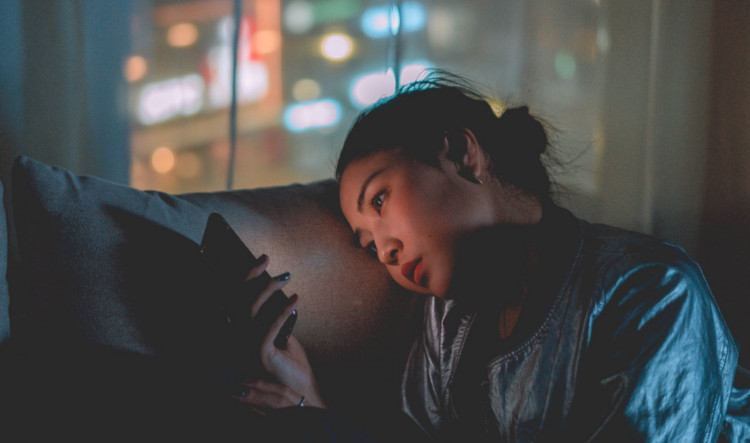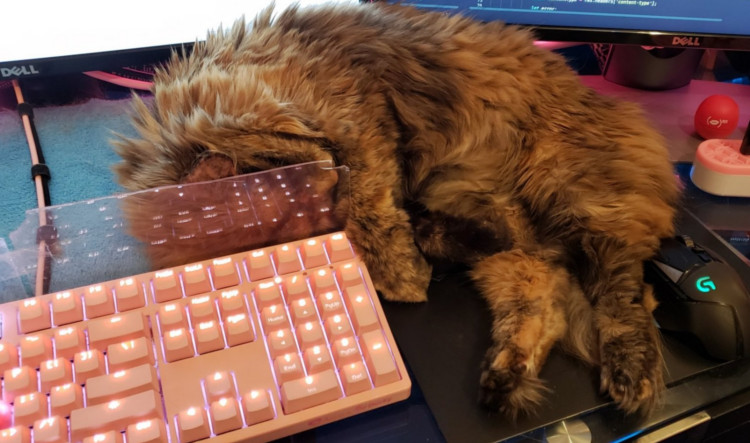
Surviving Remote Work Isolation
Welcome home! Pretty cool, isn’t it? Who would have known that your job could be done just as effectively through the internet? COVID-19 is out there, but you’re in here, and now you’ve got a home office to organize! You’ve heard about going stir-crazy in isolation before, but honestly, how bad could it be?
? Life-changingly bad, actually! ?
Stop unwrapping your new Post-its dispenser for a minute. You need to organize your mind now, not your desk.
Going remote is a major change. It isn’t the difference between a Mac or a PC, an in-person meeting versus a video call, or even working a different shift. Going remote is more akin to starting kindergarten or getting a new job. It’s a fundamental restructuring of your life that can lead to structural changes in your brain[1].
And yes, I cited that. Structural changes. In your brain. You need to take this seriously, early.
My goal here is to relate what I’ve learned as a borderline hikikomori, remote worker, and cottage industrialist about staying sustainably sane in the merciless, isolated hellscape that is one’s comfy, safe home. It’s all quite simple if you understand how to keep your mental health in tact, but after a lifetime of having needs automatically met by your daily routine, you’ve likely forgotten (or never even realized) many of them exist.
Calm Yourself
Now that you’re not commuting, you have a little extra time each day. My most enthusiastic recommendation is to devote this time to mindfulness meditation. And don’t worry, there’s an app for that.
When you’re isolated for too long, you’re at high risk for anxiety and depression[2]. These can form a feedback loop with isolation, causing you to become ever more isolated, anxious, and depressed. Normally you’d want to break that loop partly by boosting your social interaction, but remote work can make that difficult–plus, killer virus and all.

Luckily, mindfulness meditation is as effective a tool against anxiety and depression as anti-depressants or behavioral therapy[3]. You don’t need a prescription or a therapist to use it on yourself, and you don’t have to wait until you’re feeling like hell to make this change. (Note: If you’re already struggling with anxiety or depression, don’t just use mindfulness–you should be using it as a component of a treatment plan. Please see a professional.)
You won’t feel instantaneous results. You probably won’t even feel relaxed (mindfulness meditation and progressive relaxation meditation are very, very different things). Do it anyway, do it regularly, and start yesterday.
Keep Talking
You are very likely to be lonelier than usual. Loneliness is bad news–it can affect your cognition, decision-making, and threat perception[4], and if left unchecked can even raise your blood pressure[5]. Loneliness has twice the negative effect on your mental health as being obese[6].
And before you head over to Facebook to fix your loneliness, you should know that social media use can keep you lonely[7]—among a deluge of other almost comically awful effects seriously delete your Facebook you hopelessly dopamine-addicted primate.
What you need now are meaningful conversations and shared activities. Going remote will likely remove a good chunk of those, so you need to actively replace them.

Call people regularly. Chat with them about their days. Get your friends to do voice and video together. Find an online game to play while you’re doing that. Not into Overwatch? Then how about Euchre? Pick your favorite craft and do video hangouts with other crafters. Watch YouTube videos together on Watch2Gether. The internet offers many ways you might not have considered before to spend time with friends and meet new people, and now’s the time to start using them!
Exercise Harder
You already know you need to exercise more, and now is the time. If you thought your job was sedentary before, wait until you don’t even have to come in from the parking lot.
It’s difficult to summarize all of the positive effects of exercise. It’s good for your mood, your blood pressure, your A1C, your sleep, your stamina, your immune response, etc. It’s basically good for everything, but for the purposes of keeping you sane, exercise also improves anxiety, depression, self-esteem and cognitive function[8]–areas are where remote work is going to unexpectedly jump out and murder you.

If you’ve got weights, use them. If you’ve got a Nintendo Switch, buy Ring Fit Adventure and use it. Take a long walk each day. Once this all clears up, if you’re still remote, use your gym membership. Anything.
You also need to stand up with some regularity. Remote work provides little reason to ever leave your chair. Sitting down all day is a great way to get blood clots[9]. Unlike the mental health issues, those will literally murder you, no intermediate steps necessary. Some of the higher-end Fitbits are great at reminding you to move if you have trouble with this.
Sleep with Purpose
I realize I’m probably sounding like your mother by now, but next you need a bedtime.
You can take perfect care of your mental health in all other ways, but a lack of sleep will still ruin it. Poor sleep can lead to depression and anxiety, which can then reinforce themselves by making your sleep even worse[10]. To break this cycle, you need consistent, adequate sleep.

Ignoring your need for sleep isn’t just terrible for your mental health: It also ruins your ability to pay attention and stay on task. Sleep only six hours a night for ten days and you’ll be as impaired as someone kept awake for 24 hours–except you won’t realize you’re sleep-deprived[11]. It can even cause you to behave more unethically[12]. Want diabetes? Lack of sleep can help get you that, too[13].
Getting less sleep isn’t cool or industrious or proof you’re a go-getter; It’s stupid and irresponsible. Yes, without a morning commute you can technically stay up later. But you also don’t have in-person coworkers anymore to pull you aside if you look ragged or stop you from shooting off ill-advised emails. Do everyone a favor and sleep right.
Nourish Yourself
Remote work provides endless opportunities to eat poorly, and being isolated by a virus only reinforces that. Sure, nobody’s bringing in donuts on Fridays, but now there’s a snack cupboard every day and your coworkers can’t judge! Unless you’re actively trying to eat healthy, this could easily be a change for the worse in your food variety and quality.
The good news is you also won’t be eating out as much. The mental barrier to going out for food feels higher when you have to come right back home. It’s no longer fun to go out for breakfast and lunch–it’s a chore. You’ll likely be eating a lot more that you’ve bought from the grocery store.
Depending on your stocking habits and how consistent you are about eating a well-rounded diet, you can really work this situation to your advantage. If you’re bad about buying yourself a healthy variety of foods, now is the time to get good about it. If you’re not in the habit of taking multivitamins, get in the habit.
Do What Works for You
We’re past the truly important bits now. Do you need a desk? Do you need to rigidly schedule your days? Should you put a clock on your wall? Do you even need clothes? In comparison to your health, that’s all just clickbait.
Figure out what makes you happy. Your work style is yours alone. If you must conform to rigid expectations during your remote work, then so be it. I’m lucky in that I’m only expected to do my best work, so I choose the constraints that help me accomplish that.

For me, a workspace is invaluable. I can work on a couch or outdoors, but I prefer having many screens, a coffee pot, chargers, and all of my supplies. I am most productive in my home office, so that’s where I do 99% of my work. What I don’t find valuable is abandoning it promptly at 5 o’clock. My home office is also my favorite non-work place to hang out. This may work for you, or it may not.
I also don’t meticulously plot out my days and weeks, but that wasn’t valuable before I went remote, either. In my job I’d waste an hour building an agenda, and then someone would need help or something would break, and I’d have to throw the whole thing out. Don’t try to cram your work into someone else’s preferred organization strategy just because you changed chairs.
And pajamas? Expectations aside, you do you ;)
Enjoy Your Isolation
Hopefully this is all over soon, but know that it is entirely possible to thrive while working, and even living, fully remote. Just remember:
- Meditate
- Socialize
- Exercise
- Sleep consistently
- Eat healthy
- Do what works
If you can keep yourself fundamentally sane and happy, you can get through this. Maybe you’ll even choose to stay remote! That looks really good on the résumé when it’s time to colonize Mars.
- Stahn, Alexander C., et al. “Brain Changes in Response to Long Antarctic Expeditions.” New England Journal of Medicine, vol. 381, no. 23, May 2019, pp. 2273–2275., doi:10.1056/nejmc1904905.
- Ge, Lixia, et al. “Social Isolation, Loneliness and Their Relationships with Depressive Symptoms: A Population-Based Study.” Plos One, vol. 12, no. 8, 2017, doi:10.1371/journal.pone.0182145.
- Khoury, Bassam, et al. “Mindfulness-Based Therapy: A Comprehensive Meta-Analysis.” Clinical Psychology Review, vol. 33, no. 6, 2013, pp. 763–771., doi:10.1016/j.cpr.2013.05.005.
- Cacioppo, John T., and Louise C. Hawkley. “Perceived Social Isolation and Cognition.” Trends in Cognitive Sciences, vol. 13, no. 10, 2009, pp. 447–454., doi:10.1016/j.tics.2009.06.005.
- Hawkley, Louise C., et al. “Loneliness Predicts Increased Blood Pressure: 5-Year Cross-Lagged Analyses in Middle-Aged and Older Adults.” Psychology and Aging, vol. 25, no. 1, 2010, pp. 132–141., doi:10.1037/a0017805.
- Holt-Lunstad, Julianne, et al. “Loneliness and Social Isolation as Risk Factors for Mortality.” Perspectives on Psychological Science, vol. 10, no. 2, 2015, pp. 227–237., doi:10.1177/1745691614568352.
- Hunt, Melissa G., et al. “No More FOMO: Limiting Social Media Decreases Loneliness and Depression.” Journal of Social and Clinical Psychology, vol. 37, no. 10, 2018, pp. 751–768., doi:10.1521/jscp.2018.37.10.751.
- Callaghan, P. “Exercise: a Neglected Intervention in Mental Health Care?” Journal of Psychiatric and Mental Health Nursing, vol. 11, no. 4, 2004, pp. 476–483., doi:10.1111/j.1365-2850.2004.00751.x.
- Kabrhel, C., et al. “Physical Inactivity and Idiopathic Pulmonary Embolism in Women: Prospective Study.” Bmj, vol. 343, no. jul04 1, Apr. 2011, pp. d3867–d3867., doi:10.1136/bmj.d3867.
- Shanahan, Lilly, et al. “Sleep Problems Predict and Are Predicted by Generalized Anxiety/Depression and Oppositional Defiant Disorder.” Journal of the American Academy of Child & Adolescent Psychiatry, vol. 53, no. 5, 2014, pp. 550–558., doi:10.1016/j.jaac.2013.12.029.
- Dongen, Hans P.a. Van, et al. “The Cumulative Cost of Additional Wakefulness: Dose-Response Effects on Neurobehavioral Functions and Sleep Physiology From Chronic Sleep Restriction and Total Sleep Deprivation.” Sleep, vol. 26, no. 2, 2003, pp. 117–126., doi:10.1093/sleep/26.2.117.
- Barnes, Christopher M., et al. “Lack of Sleep and Unethical Conduct.” Organizational Behavior and Human Decision Processes, vol. 115, no. 2, 2011, pp. 169–180., doi:10.1016/j.obhdp.2011.01.009.
- Zizi, Ferdinand, et al. “Sleep Duration and the Risk of Diabetes Mellitus: Epidemiologic Evidence and Pathophysiologic Insights.” Current Diabetes Reports, vol. 10, no. 1, 2010, pp. 43–47., doi:10.1007/s11892-009-0082-x.